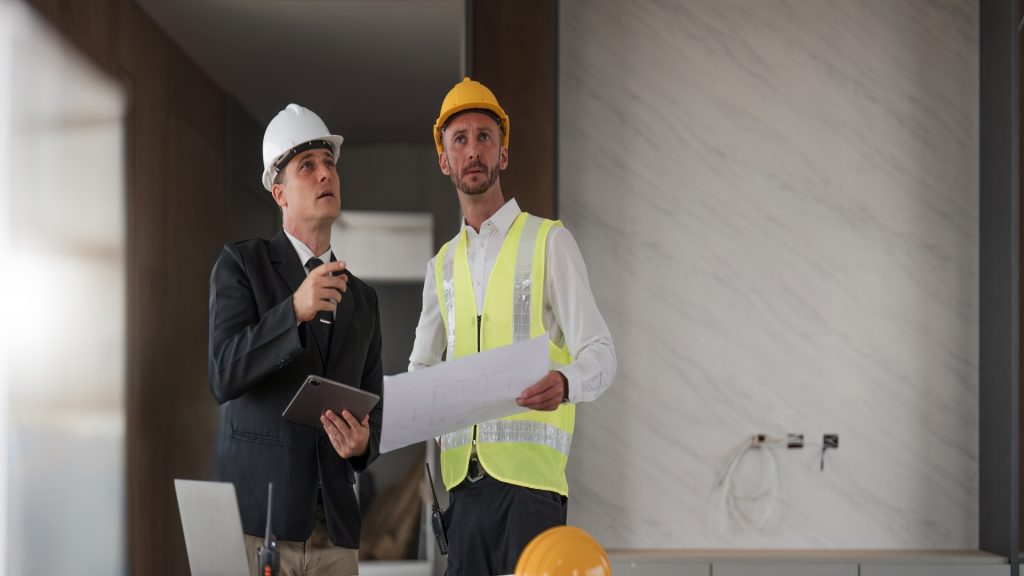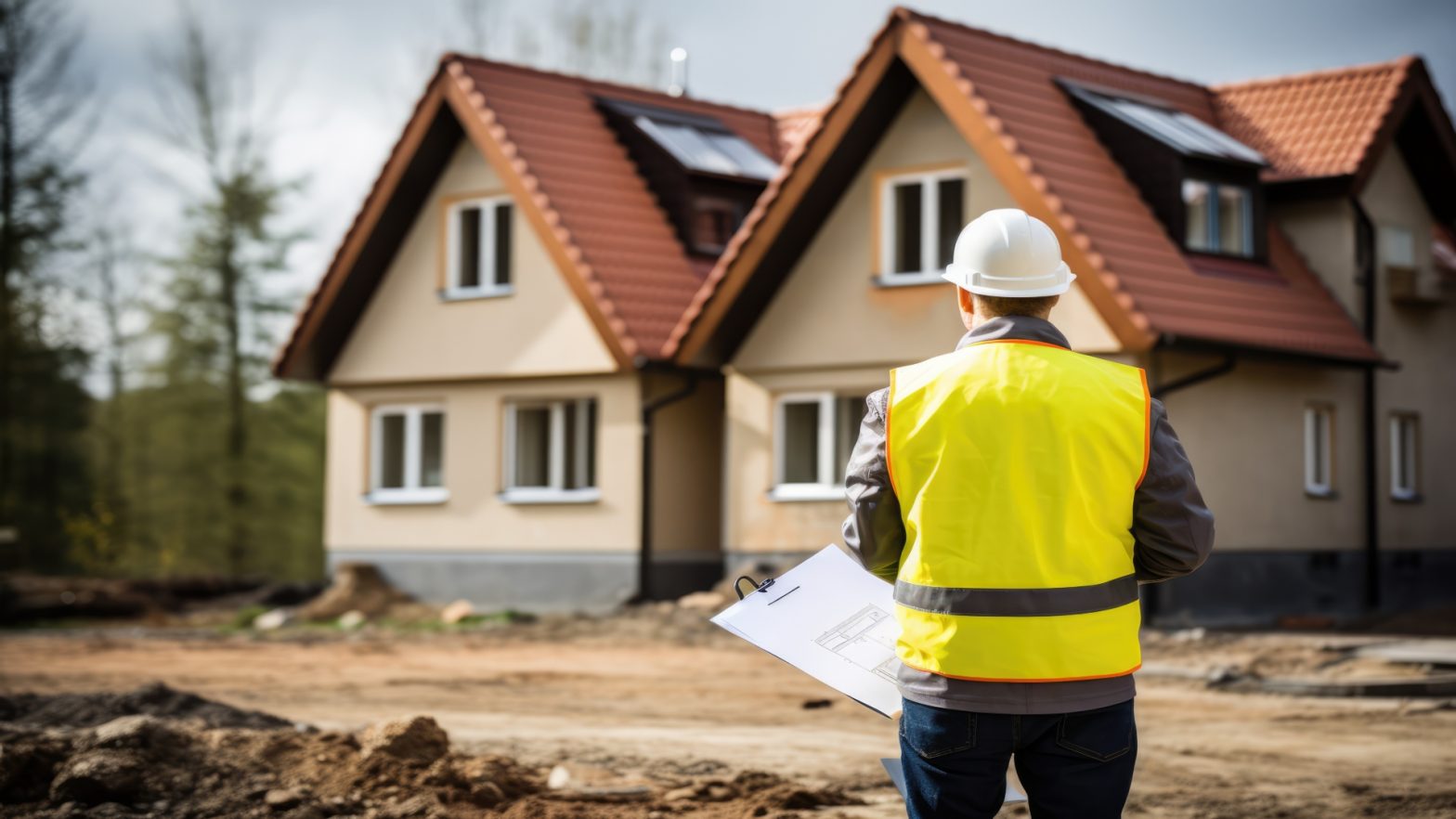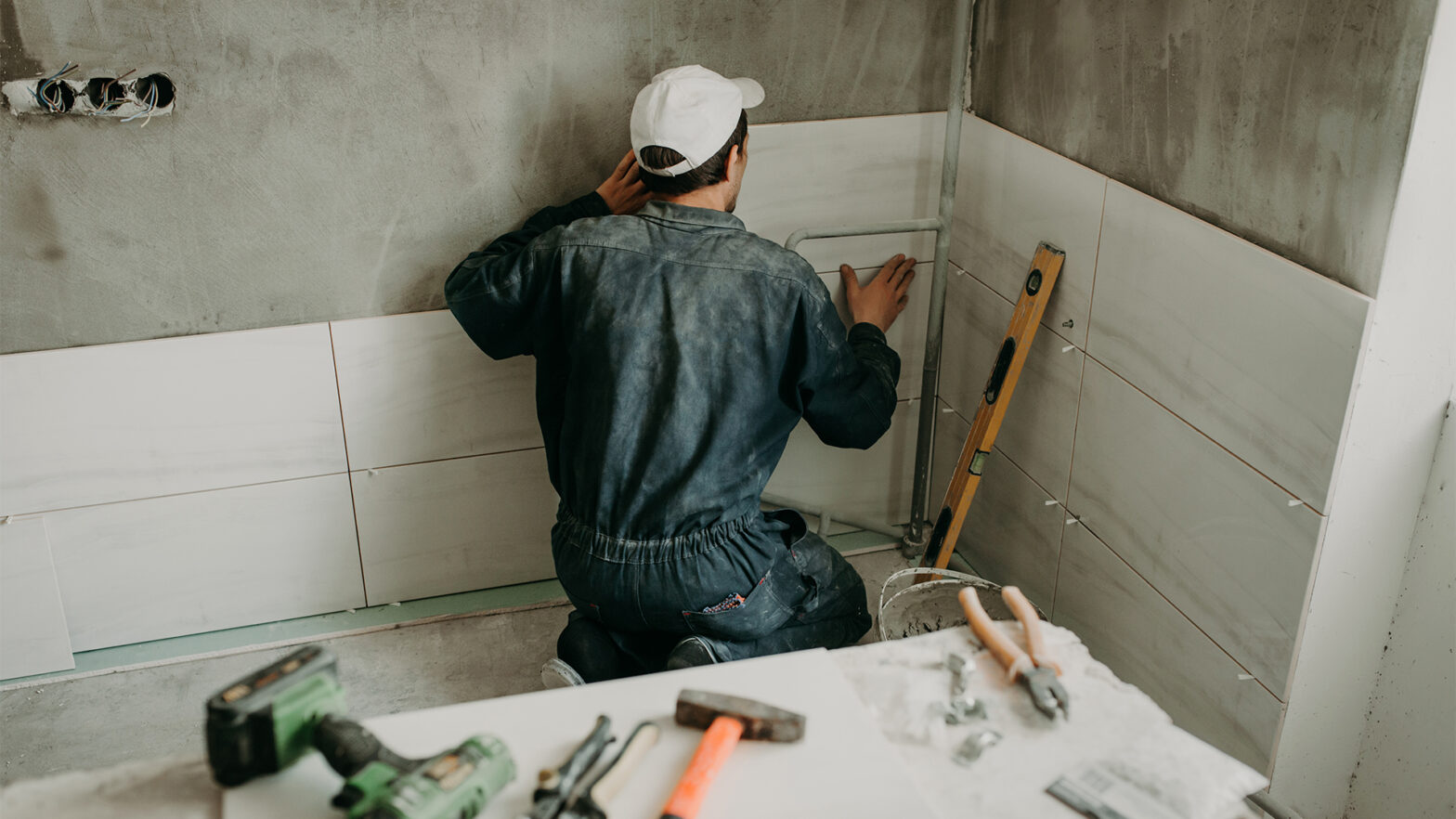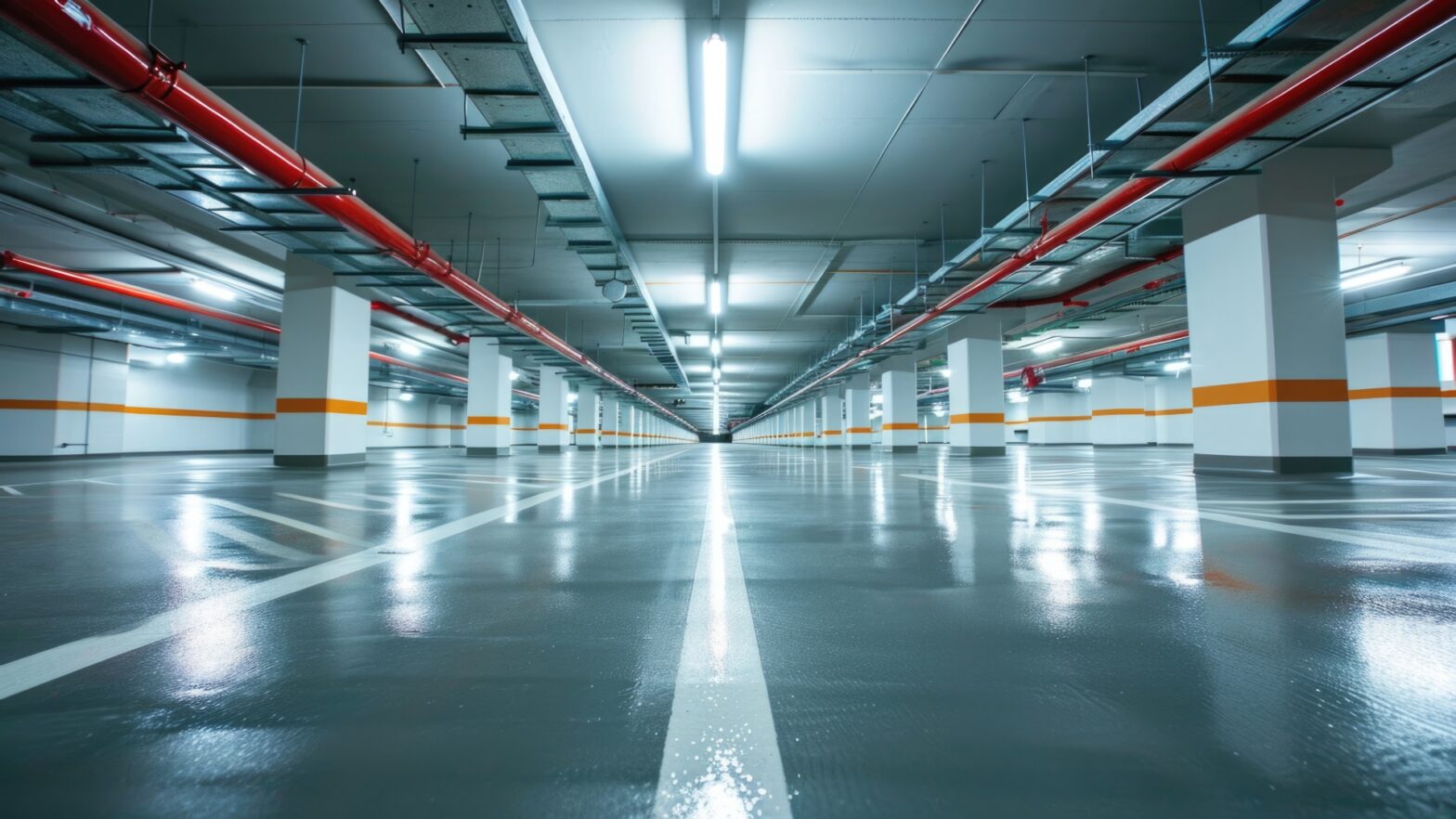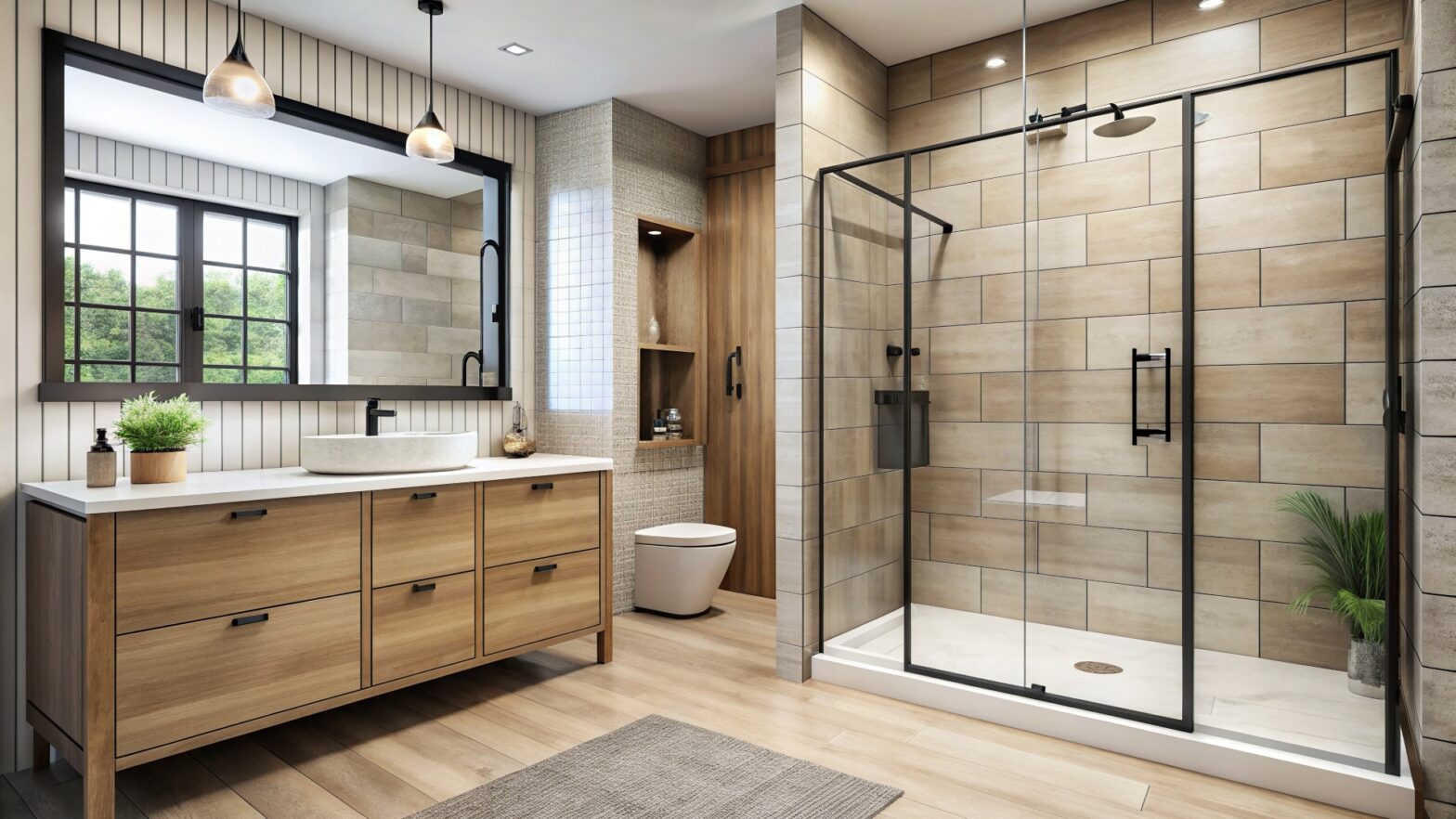As a commercial property owner, staying compliant with relevant building codes and regulations should be a top priority. Failing to do so can result in fines, shutdowns, lawsuits, and even loss of life in extreme cases. While requirements vary based on your location and type of business, there are some general guidelines to keep in mind for commercial compliance. Here are some tips to ensure your property meets all the necessary standards during an inspection.
Review Local Building Codes And Permit Requirements
The first step in your commercial property inspections checklist is understanding exactly what rules apply to your specific property. There are federal regulations from the Occupational Safety and Health Administration (OSHA), the U.S. Environmental Protection Agency (EPA), and the Americans with Disabilities Act (ADA), which set nationwide standards.
However, each state, county, and city will also have their own building codes and zoning requirements you must adhere to. Check with your local permitting office to obtain copies of all relevant regulations.
Some common code requirements include allowable occupancy levels, minimum aisle and door widths, fire alarms, emergency lighting, electrical systems, ventilation, sanitation, allowed signage, and disabled access, among many others. Newer buildings will likely have been permitted under current codes, but older properties may have outdated elements that no longer pass.
If you have made any significant repairs or renovations, check to confirm all required permits were obtained. Any unapproved construction could mean citations or orders to remove the work.
Maintain Detailed Records
Documentation is critical when it comes to proving compliance. Building inspectors will ask to see permits, inspection reports, system manuals, and records of maintenance and repairs. You should retain paper trails for any upgrades, equipment replacements, remodels, and system testing.
Create organized files to store warranties, work orders, contractor invoices, and any documentation related to the property. A digital document management system can make important records easy to access and share. Proper documentation also helps ensure proper procedures and materials are used in case of any disputes down the road.
Test Safety Equipment And Emergency Systems
While permits and paperwork show systems were installed to code, inspectors will check that everything is in good operational order. Make safety your top priority by regularly inspecting and testing emergency systems.
Fire protection is a major focus. All fire alarms, sprinklers, extinguishers, and emergency exits should be functional and unobstructed. Commercial kitchens also need proper ventilation and suppression installed. Make sure exit signs have backup lighting in case of power failure. Routinely check that fire extinguishers are filled, in the right locations, and have proper signage. Schedule professional inspections for fire suppression systems per local requirements.
Identify And Eliminate Hazards
Inspectors will be looking for any potential hazards that pose risks to occupants or first responders. Walk through the property carefully, looking at it through the eyes of an inspector to identify any issues.
Check for trip hazards like uneven flooring, buckled carpeting, cords, loose handrails, or damaged pavement. Repair or replace hazardous materials like damaged asbestos or lead components. Eliminate obstructions in exit paths, ensure good lighting, and secure unstable structures.
Businesses using hazardous chemicals need special containment and handling facilities along with safety plans, signs, and equipment like eyewashes. Make sure all procedures and postings are compliant. Also, check that storage areas have proper organization, stacking, and clearance from sprinklers where required.
Electrical And Plumbing Systems
Faulty wiring can cause fires, so electrical systems will be checked thoroughly. Ensure exposed wires, loose connections, or overloads are fixed by a licensed electrician. Circuit breaker panels should have proper clearance and labelling. Check that cover plates are installed over all switches and junction boxes.
Likewise, plumbing leaks or backups can damage properties and contaminate water. Licensed plumbers should evaluate drainage and pipe integrity. Look for signs of mould or water damage, which may indicate hidden leaks. Check for adequate support of drain and water pipes as needed.
Kitchen And Restroom Inspection Focus Areas
Two areas subject to their own specialized codes are kitchens and restrooms. Health inspectors will want to review food safety procedures, storage temperatures, equipment sanitation, and more. Be sure to display any required health permits and licenses.
Plumbing will get close focus in restrooms. Adequate hot water supply, leak-free fixtures, and proper drainage are important. There should be sufficient light, ventilation, and amenities like soap dispensers. Make sure to have ADA-compliant stalls and restroom signs if needed.
Watch For Obvious Red Flags
Some violations will be very apparent to inspectors as soon as they walk through the door. Storage of flammable materials near ignition sources or blocked sprinkler heads is a red flag. Makeshift kitchens or bedrooms in prohibited areas would also raise concerns. Evidence of pest infestations requires prompt treatment.
Ensure occupancy limits are not dangerously exceeded. The use of prohibited construction materials like certain plastics or foams would also draw scrutiny. If you are unsure about aspects of your property, have professionals evaluate well before inspections. It is far better to be proactive than reactive on safety and code issues.
Final Thoughts
Compliance is an ongoing responsibility, not a one-time effort. Properties can fall out of compliance over time without attention. Regular self-inspections, equipment testing, maintenance, and staff training help avoid this. Designate responsible parties to manage compliance tasks and track deadlines. With proper planning and vigilance, you’ll have the confidence that your property meets all regulatory requirements.
